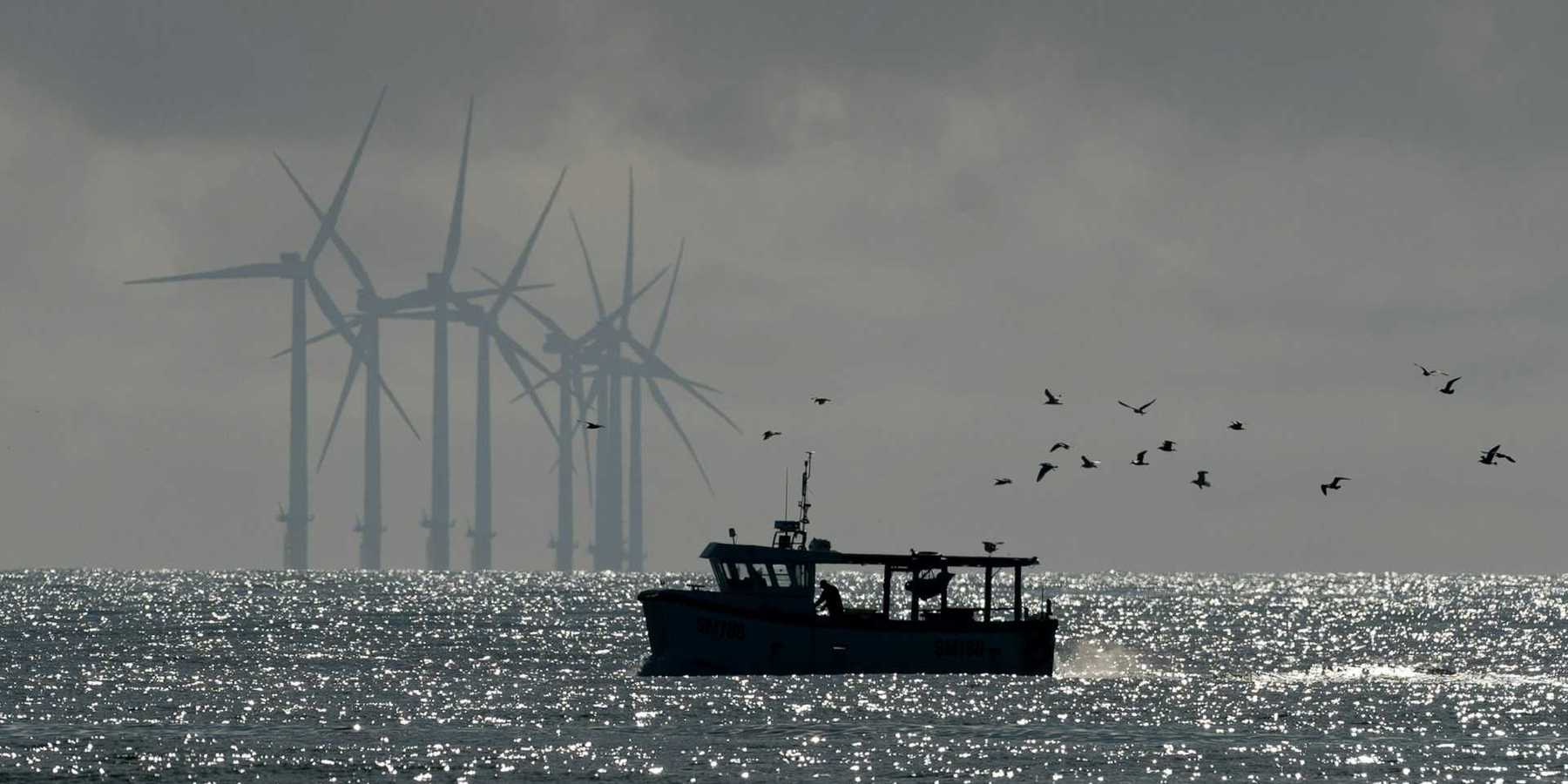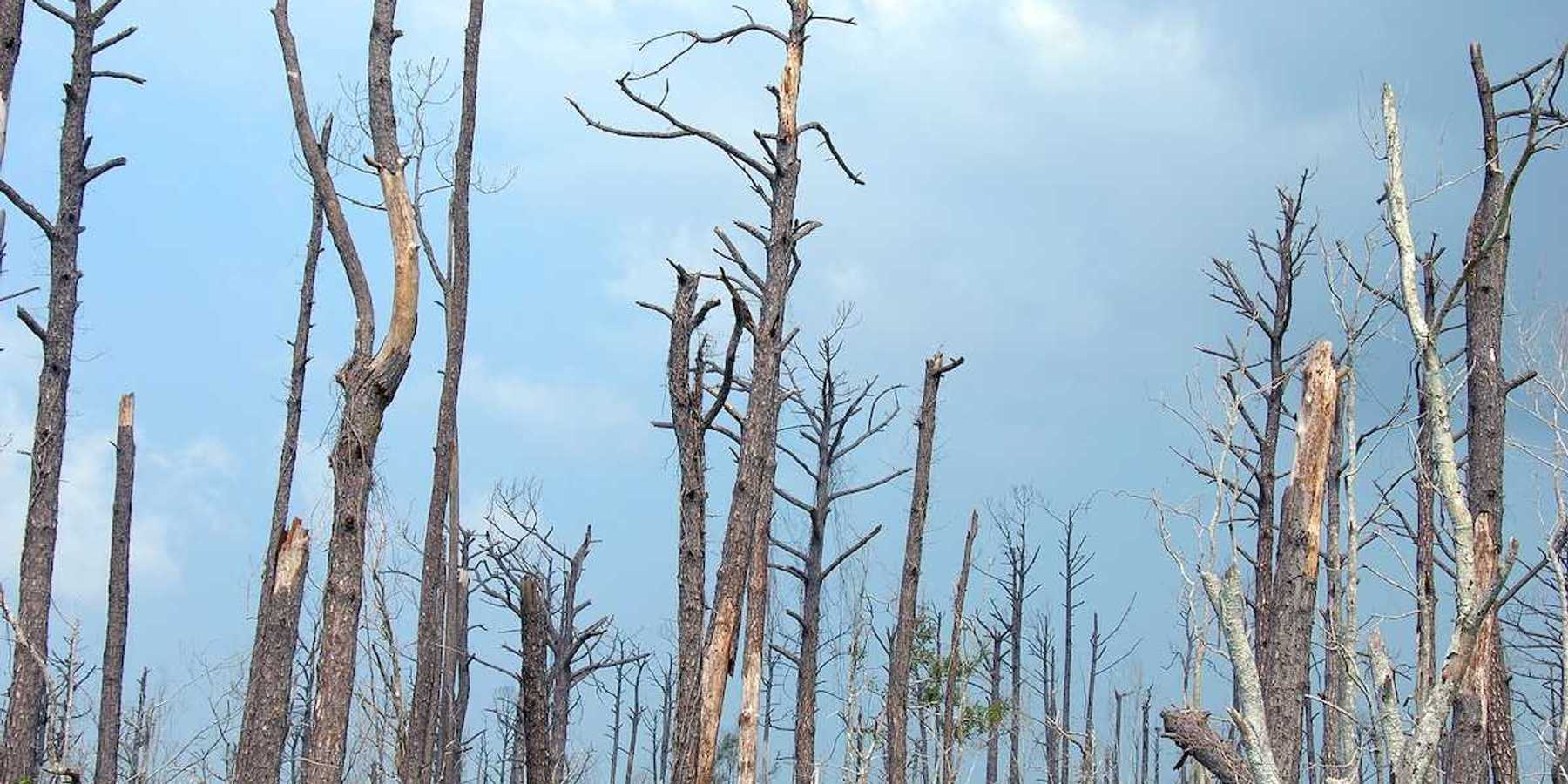Mortgage giants face growing climate risk with little protective action
Rising flood and wildfire risks are threatening U.S. housing values, but Fannie Mae and Freddie Mac have taken minimal steps to shield themselves and taxpayers from potential financial fallout.
Lydia DePillis reports for The New York Times.
In short:
- Fannie Mae and Freddie Mac back half of U.S. mortgages, but climate-related disasters are increasing risks to their portfolios.
- Efforts to address these risks are stalled due to concerns over raising housing costs for low-income homeowners in vulnerable areas.
- The Federal Housing Finance Agency has offered limited guidance, leaving Fannie and Freddie unprepared for escalating climate threats.
Key quote:
“We’ve got this mortgage-generating machine that is just moving blindly on without taking into account these risks.”
— Susan Crawford, senior fellow at the Carnegie Endowment for International Peace
Why this matters:
Unaddressed climate risks could destabilize the mortgage system, forcing taxpayer bailouts. Homes in flood- and fire-prone areas may lose value, affecting homeowners and lenders alike. Without reforms, vulnerable communities may face rising costs and financial losses.
Learn more: Rising insurance costs linked to climate change spark mortgage troubles













